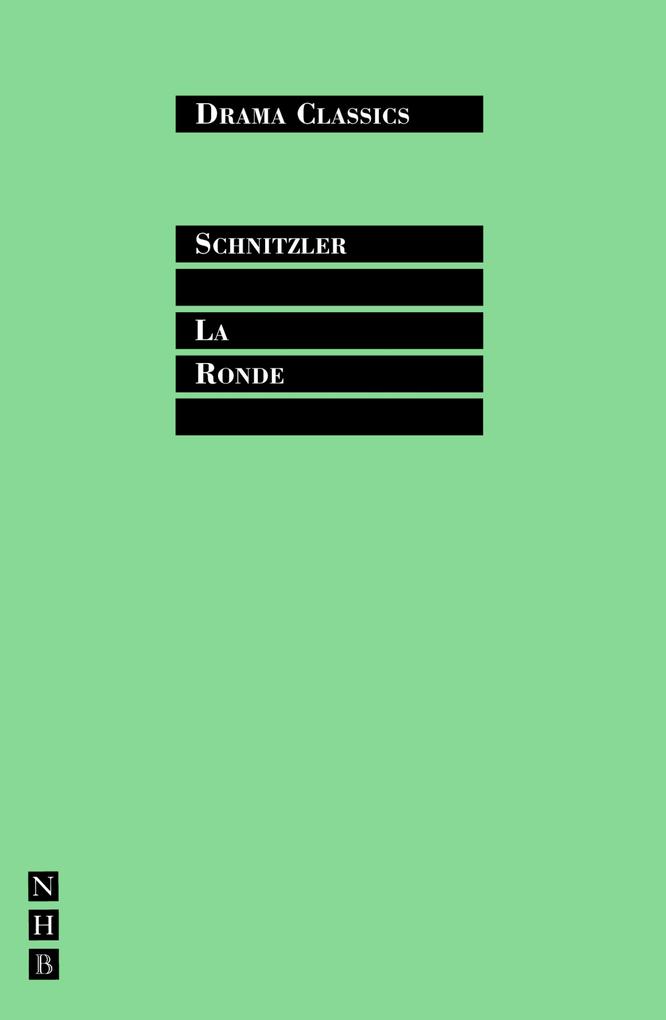
Sofort lieferbar (Download)
The NHB Drama Classics series presents the world's greatest plays in affordable, highly readable editions for students, actors and theatregoers. The hallmarks of the series are accessible introductions (focussing on the play's theatrical and historical background, together with an author biography, key dates and suggestions for further reading) and the complete text, uncluttered with footnotes. The translations, by leading experts in the field, are accurate and above all actable. The editions of English-language plays include a glossary of unusual words and phrases to aid understanding. La Ronde is the famous 'daisy-chain' play of sexual coupling, set in Vienna in the 1890s. The play is a series of ten scenes depicting couples in different sexual liaisons. Each of the ten characters appears in two adjacent scenes, forming an endless chain of sexual links across all the layers of Viennese society.
Mehr aus dieser Reihe
Produktdetails
Erscheinungsdatum
01. Juli 2015
Sprache
englisch
Seitenanzahl
128
Dateigröße
0,18 MB
Altersempfehlung
ab 12 Jahre
Reihe
NHB Drama Classics, 0
Autor/Autorin
Arthur Schnitzler
Verlag/Hersteller
Kopierschutz
mit Wasserzeichen versehen
Family Sharing
Ja
Produktart
EBOOK
Dateiformat
EPUB
ISBN
9781780016443
Entdecken Sie mehr
Bewertungen
0 Bewertungen
Es wurden noch keine Bewertungen abgegeben. Schreiben Sie die erste Bewertung zu "La Ronde" und helfen Sie damit anderen bei der Kaufentscheidung.




























